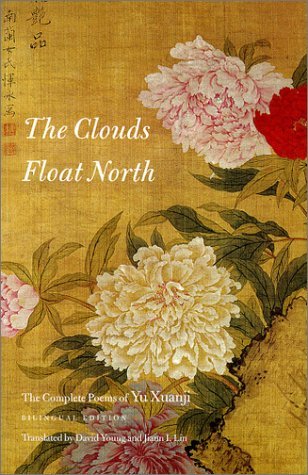What do you think?
Rate this book


Paperback
First published January 1, 868
❦
A little cave among the pines
where dew drips down
the sky above the willows
a great net filled with mist
when you can be like the rain
your heart will have strength to go on
and you won't be afraid to blow the flute
before you've fully mastered it
my mother would get upset
because I talked to flowers
and my lover was from the past
a poet who came to me in dreams
❦